The Chairman of the Independent National Electoral Commission (INEC), Prof. Mahmood Yakubu has said that the cashless policy of the Central Bank of Nigeria (CBN) and scarcity of fuel during the 2023 general election together with the perennial insecurity nationwide made its logistics management more challenging during the poll.
Yakubu disclosed this on Monday at a meeting of the members of the Commission and Civil Society Organisations (CSOs) on the review of the 2023 general election at the Commission’s conference room, in Abuja.
He highlighted some positive areas, especially with the repeal and re-enactment of the Electoral Act 2010 into the Electoral Act 2022 which introduced technology into election management.
But Yakubu regretted that apart from the impact of cashless policy and fuel scarcity, deployment of thugs by some political actors also made election day administration difficult in several places.
The INEC boss said, “I am delighted to welcome you all to this meeting. Unlike previous regular engagements, this meeting is intended to focus more on the 2023 General Election by way of introspection, stocktaking, review, and evaluation. This is one of the best ways to continue to improve the electoral process.
“As I said on several occasions since we commenced the review meetings three weeks ago, the Commission welcomes diverse opinions about the election insofar as their purpose is to improve the future conduct of elections and to consolidate our democracy.
“Since the 2019 General Election, we have worked together with the National Assembly, civil society organisations, and other stakeholders for the improvement of the electoral process. We were meticulous in our preparations for the election and there have been many positive developments in this regard. One area is the repeal and re-enactment of the Electoral Act 2010 into the Electoral Act 2022.”
He, however, added, “The new law provides 180 days for political parties to conclude their primaries and submit the names of candidates and the political parties took advantage of it for the 2023 General Election. This enabled the Commission to commence the process of producing the sensitive materials for the election in good time. I am glad to report that the printing of all sensitive and non-sensitive materials for the 2023 General Election was entirely done in Nigeria.”
Yakubu explained that it was the first time in 44 years since the transition to democratic rule in 1979 that such a great step was taken and achieved, despite the record number of 93.4 million registered voters and over five hundred million ballot papers, result sheets, and other documents for the five categories of the main elections and supplementary polls.
“For this reason, the 2023 General Election was held as scheduled for the first time in the last four electoral cycles without a postponement arising from the non-arrival of materials,” he said.
On order positive areas, the INEC chairman listed the expansion of voter access to polling units which he said was the first time since the initial delimitation exercise in 1996 as a great achievement. “Similarly, we introduced many technology-based innovations, including the physical registration and online pre-registration of voters using the INEC Voter Enrollment Device (IVED, the various portals for the nomination of candidates, party agents, and the accreditation of observers and the media.
“We also collected and published data on the distribution of voters not only by age and occupation but also by disability. Within the limits of available resources, we also tried to provide such inclusivity materials as braille jackets and magnifying glasses for some categories of voters with disabilities.
“Nevertheless, as you are aware, there were many challenges encountered before and during the elections. The severe cash and fuel situations were compounded by the perennial insecurity nationwide. Their impact on our deployment plans, compounded by the behaviour of some of our officials in the field, made logistics management particularly challenging.
“The deployment of thugs by some political actors made election day administration difficult in several places. While voter accreditation using the Bimodal Voter Accreditation System (BVAS) was very successful, the uploading of results to the INEC Result Viewing Portal (IReV), especially for the presidential election, encountered a glitch as explained in our statement released by the Commission on 26th February 2023.
“The Commission is aware that this matter is currently the subject of litigation and would reserve its comments for now. Nevertheless, the performance of the technology deployed for the election is part of the ongoing review of the 2023 General Election.”








